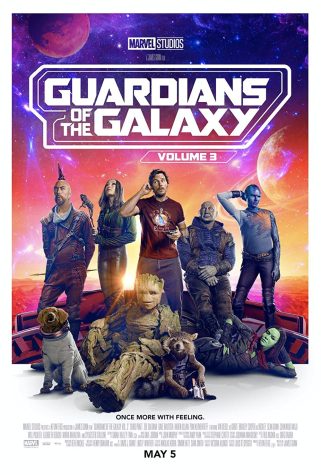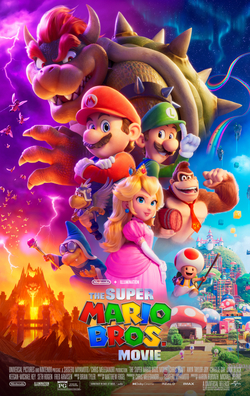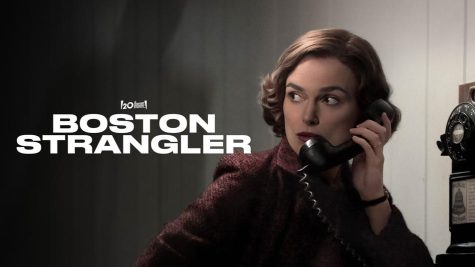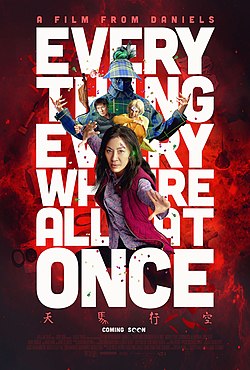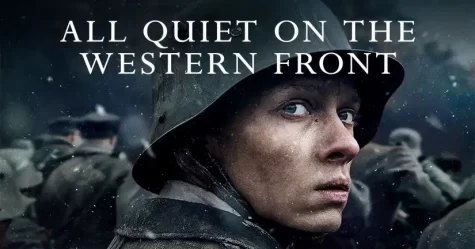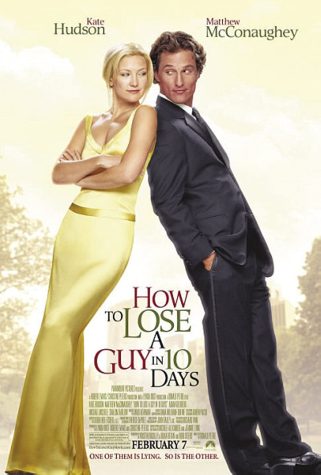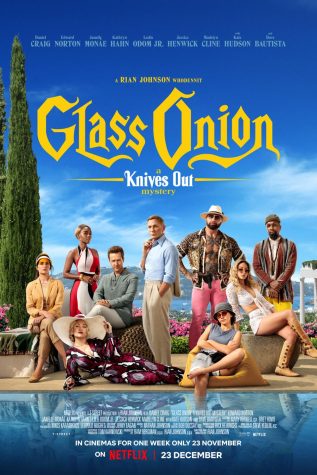The Social Dilemma: the Media’s Power Over Human Nature

October 29, 2020
The hit Netflix documentary-drama that arrived early this year, The Social Dilemma, provided some intriguing commentary on the world of social media that we are in, and how it is actually using people as a product. The Gen Z generation has been the first group of people to essentially grow up around the internet, and being a part of this age has really opened my eyes to see what is actually going on around us. Since a young age we have been warned of the dangers of an online presence, but this film actually goes more in depth and brings about a really interesting conversation of what harm you are at risk for.
The film opens with the quote, “Nothing vast enters the life of mortals without a curse.” These morals are placed throughout the film, and really make the audience think about the applications to technology; how, ever since the realm of the internet was made a part of our everyday life in the 1990s, we have seen mass fear and violence arise from fake news or problems derived from behind a screen. The Social Dilemma analyzes how information spreads like wildfire, and the power it can hold over someone’s mind. These corporations are able to “hack” your psychology to help their business grow, and the more they grow, the more power they hold over you. We become possessed by these sites and apps, and fall into rabbit holes that lead us through post after post, and ads strategically placed to buy your attention. Even though these pages are seemingly “free”, it is for a reason. We are not paying for this product, which means that we are the product. We are being tricked and pulled into the media, and these companies manipulate us with very intricate methods to pull us into these dark holes of information.
The film also follows a story along with the usual documentary set-up of questions and interviews. We meet a model of a family, who goes through and demonstrates what social media is like in everyday situations. We see a young tween girl who is posting selfies of herself, a boy scrolling through his feeds, and a mother who is trying to get her children off their screens. We watch as the children are affected by mean comments, get dragged into the endless stream of posts and videos, and see other people’s lives through their accounts. It really puts all of this information into perspective, and the audience can relate to each character as we do the same things in real life as them.
Another thing that the doc-drama does is provide tips on how to fight the algorithm. One major step in the right direction is turning off your notifications; the little reminders of what is happening within Instagram, Snapchat, Youtube, etc. is what catches your attention and draws you in. So by preventing those little dings in your phone, you are able to control your temptation of looking at your phone better. Another idea is not to pick recommended videos/posts on Youtube or other streaming sites because that information gives algorithms a better idea of what you are interested in and lets them pull you down a spiral of videos; by searching for the video in the search bar, you have a better chance of catching yourself.
So in conclusion, I think this is a fantastic, must-watch film. There really needs to be more open conversations about this topic because many people still don’t realize how truly harmful this all is to your mental health. It is important to remember that the media does have some positive aspects; we are able to connect with loved ones far away, order food or a service that arrives in minutes, talk to people with the tap of a few buttons, and capture important moments in our lives through pictures. But this is still an issue we need to tackle. There is already so much divide and hate in the world, and the internet sparks negativity; many experts are afraid of what could happen in coming years if the situation gets worse. So I strongly recommend checking out this documentary to learn more about our social dilemma.

